"Refrigeration using superconducting tunnel junctions"Sukumar Rajauria , NIST, Maryland [Host: Bellave Shivaram]
ABSTRACT:
In the recent years, nano-refrigeration using electron tunneling in hybrid Normal metal - Insulator - Superconductor (N-I-S) junctions has gained increasing attention. Its basic principle is the energy selective tunneling due to the presence of an energy gap in the superconductor density of states. With a sub-gap voltage bias, only the most energetic electrons can tunnel out of the normal metal, leaving behind the electrons with less energy.
We have measured with a high resolution the differential conductance of S-I-N-I-S junctions, whose analysis gives us an access to the normal metal electronic temperature as a function of the voltage. A quantitative model is proposed, that includes the electron-phonon coupling and the Kapitza resistance at the interface with the substrate. With this model, we have achieved a thorough description of the charge and heat currents. We have also shown that the normal metal phonon temperature drops significantly below the substrate temperature.
At very low temperature (T < 200mK) and low bias, the coherent Andreev current dominates the quasi-particle current. By analyzing quantitatively the heat balance in the S-I-N-I-S junction, we demonstrate that the Andreev current does carry heat. This thermal contribution heats the normal metal electrons, overriding over a large voltage range the tunneling-based cooling.
References
[1] S. Rajauria, P. S. Luo, T. Fournier, F. W. J. Hekking, H. Courtois, and B. Pannetier, Phy. Rev. Lett. 99, 047004 (2007).
[2] S. Rajauria, Ph. Gandit, T. Fournier, F. W. J. Hekking, B. Pannetier, and H. Courtois, Phy. Rev. Lett. 100, 047004 (2008).
[3] S. Rajauria, H. Courtois and B. Pannetier, submitted (2009).
|
Condensed Matter Seminar Thursday, October 22, 2009 4:00 PM Physics Building, Room 204 Note special time. Note special room. |
To add a speaker, send an email to phys-speakers@Virginia.EDU. Please include the seminar type (e.g. Condensed Matter Seminars), date, name of the speaker, title of talk, and an abstract (if available).
 Physics at Virginia
Physics at Virginia